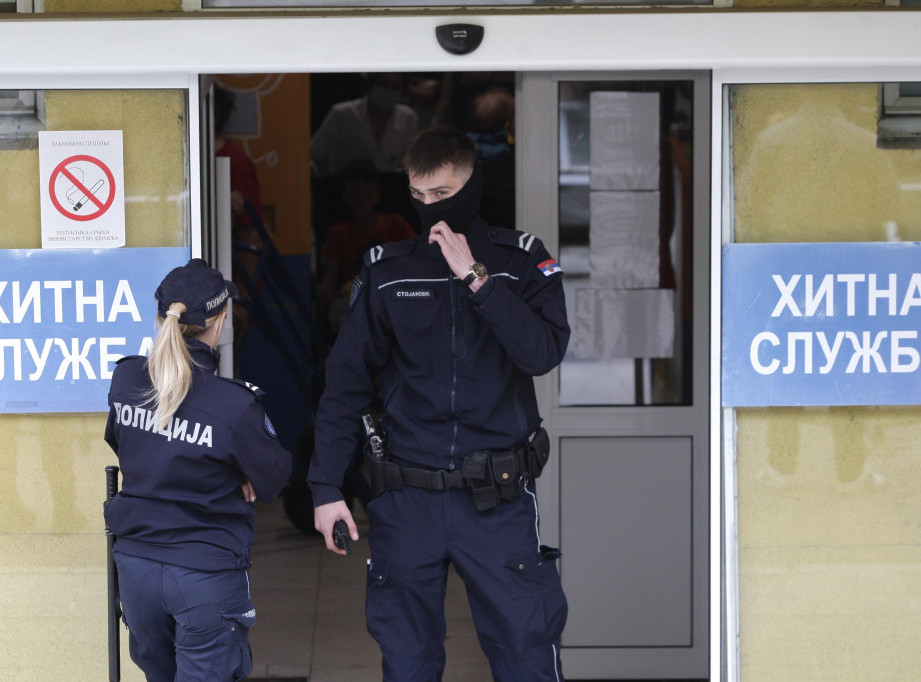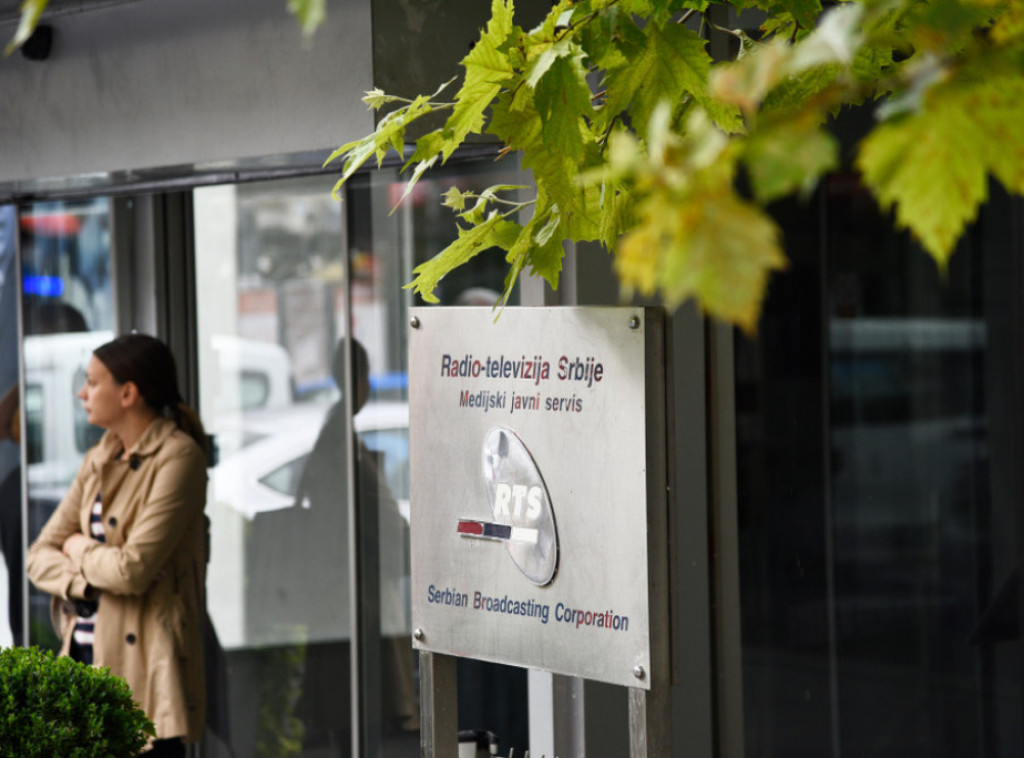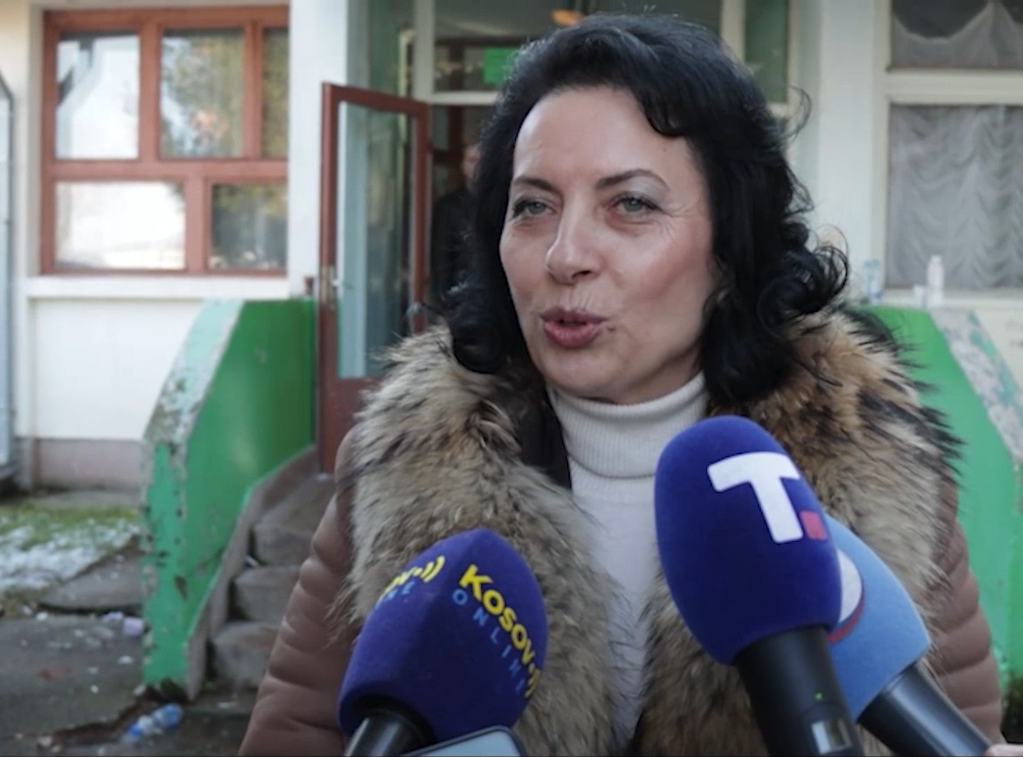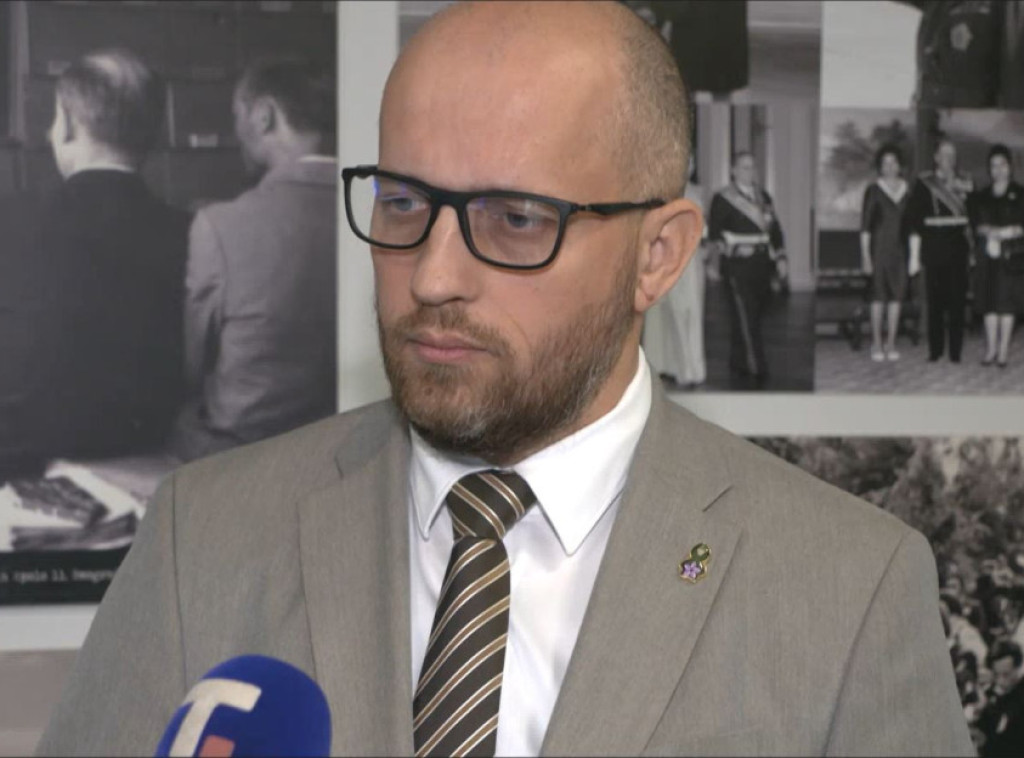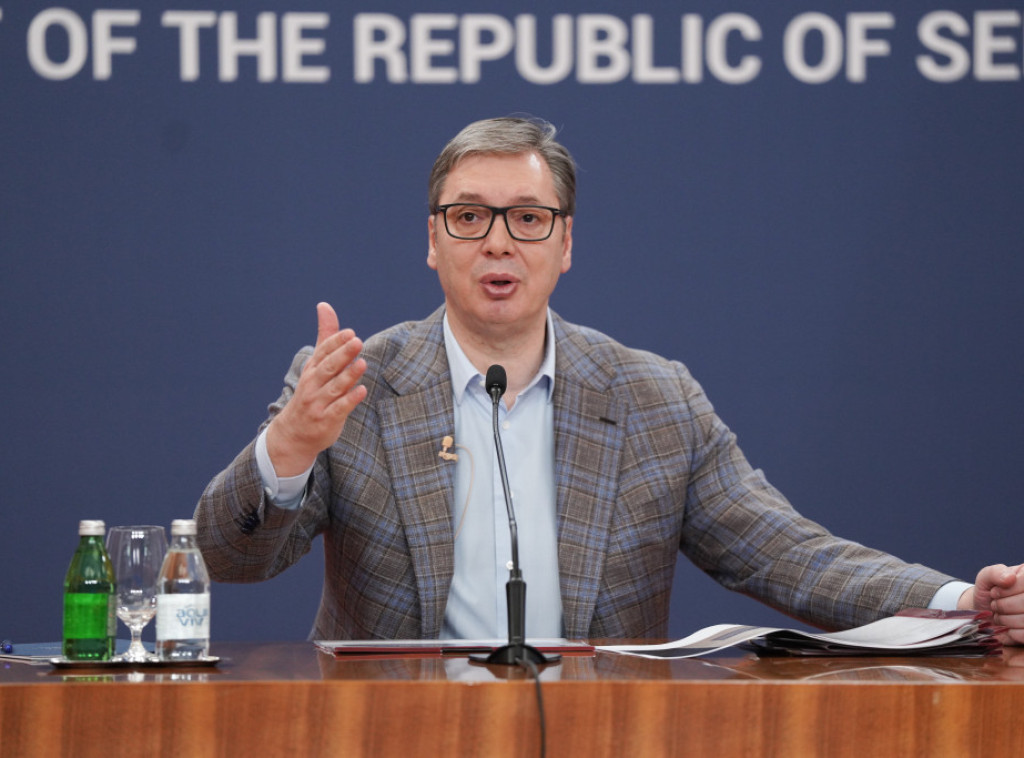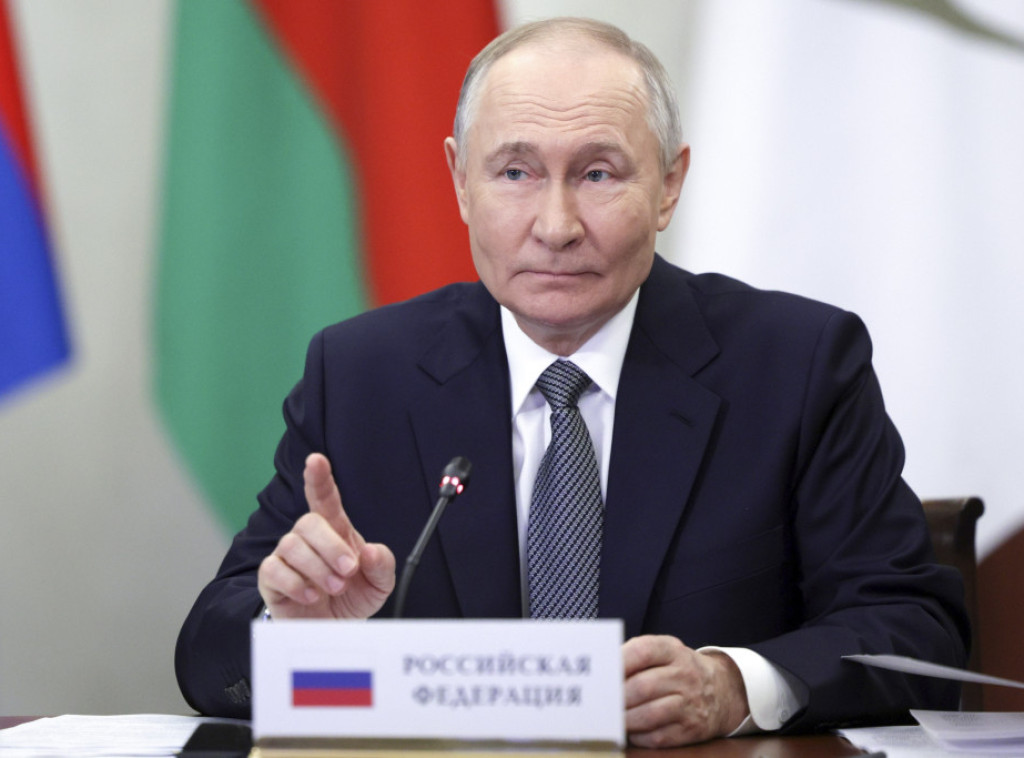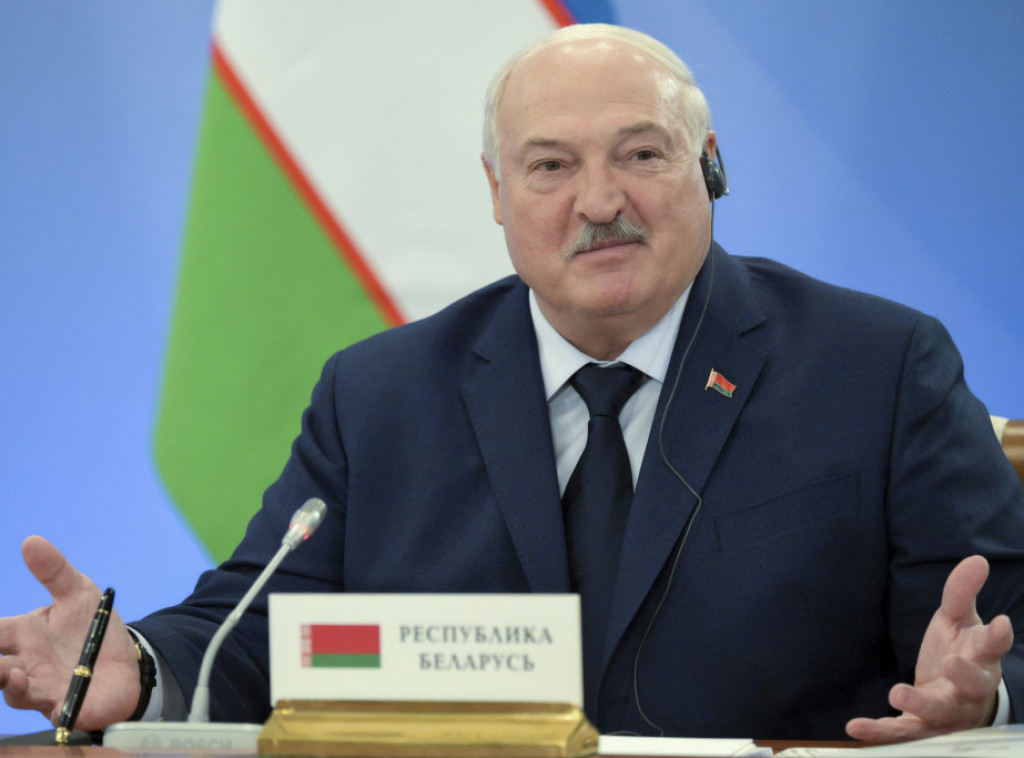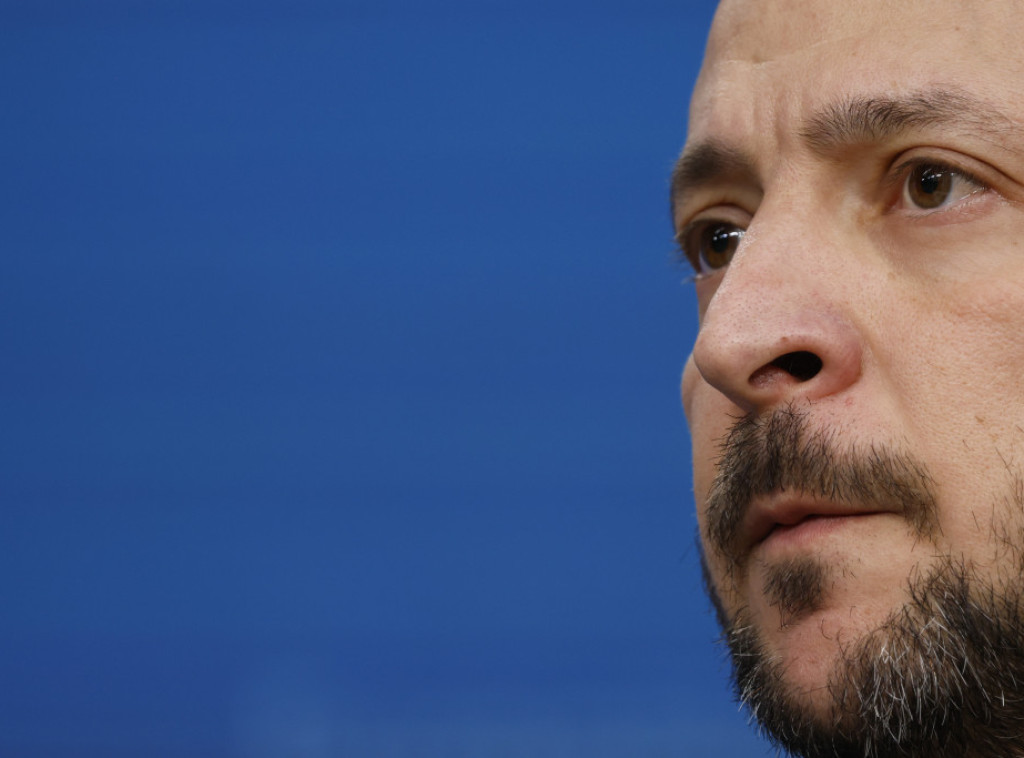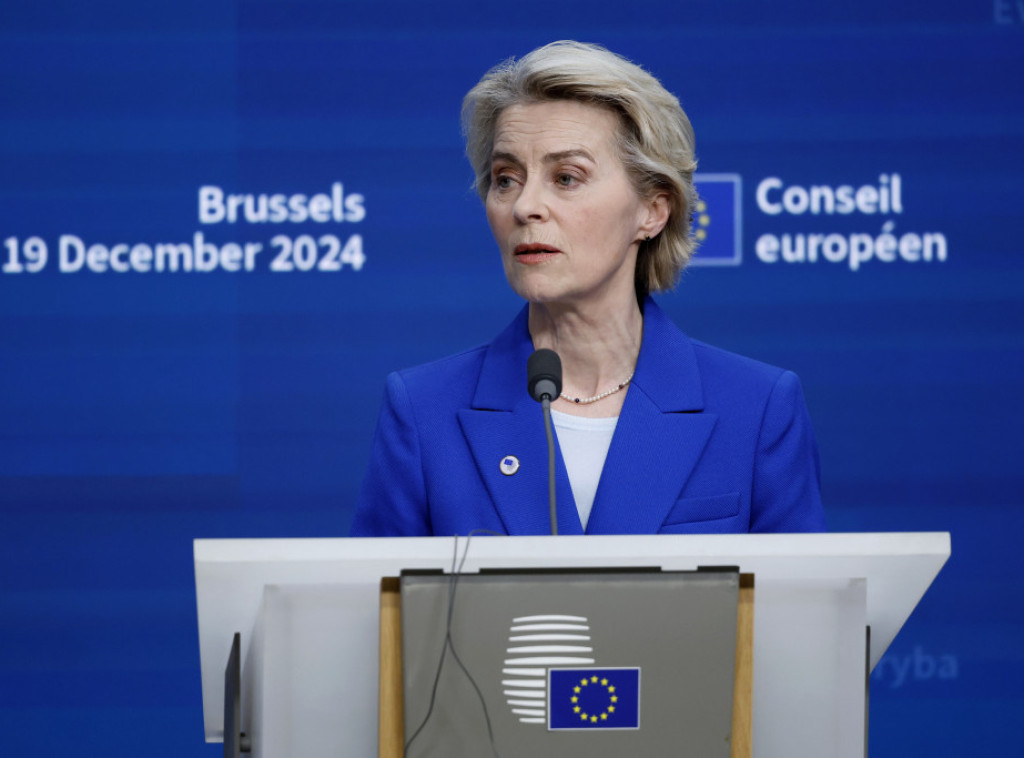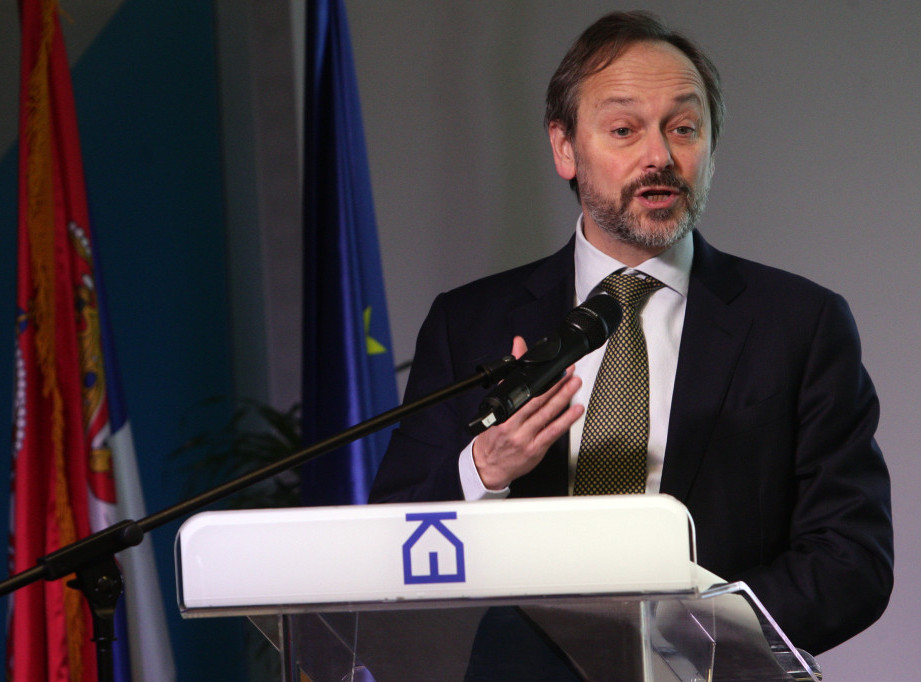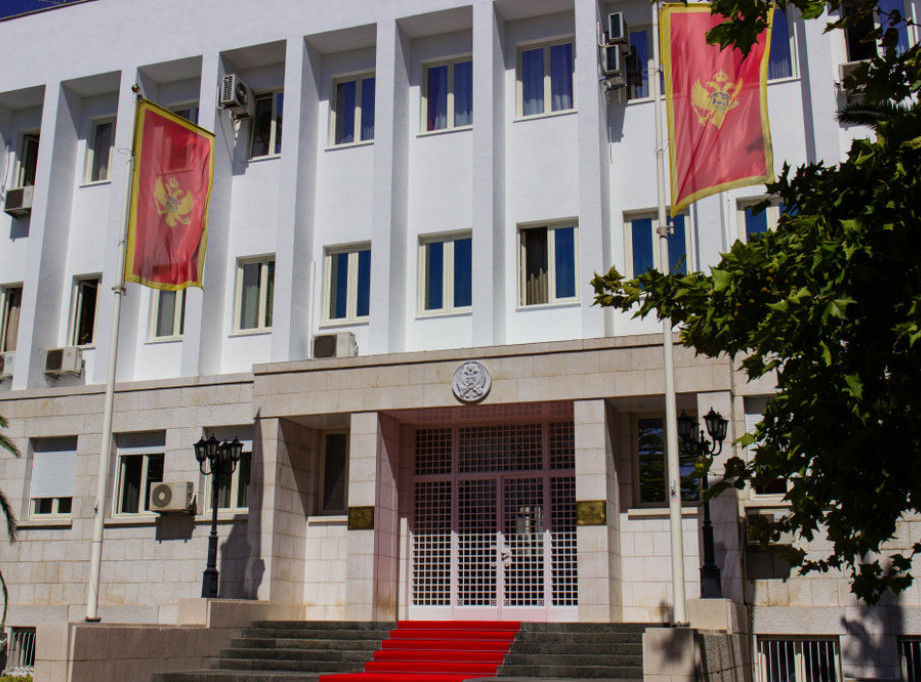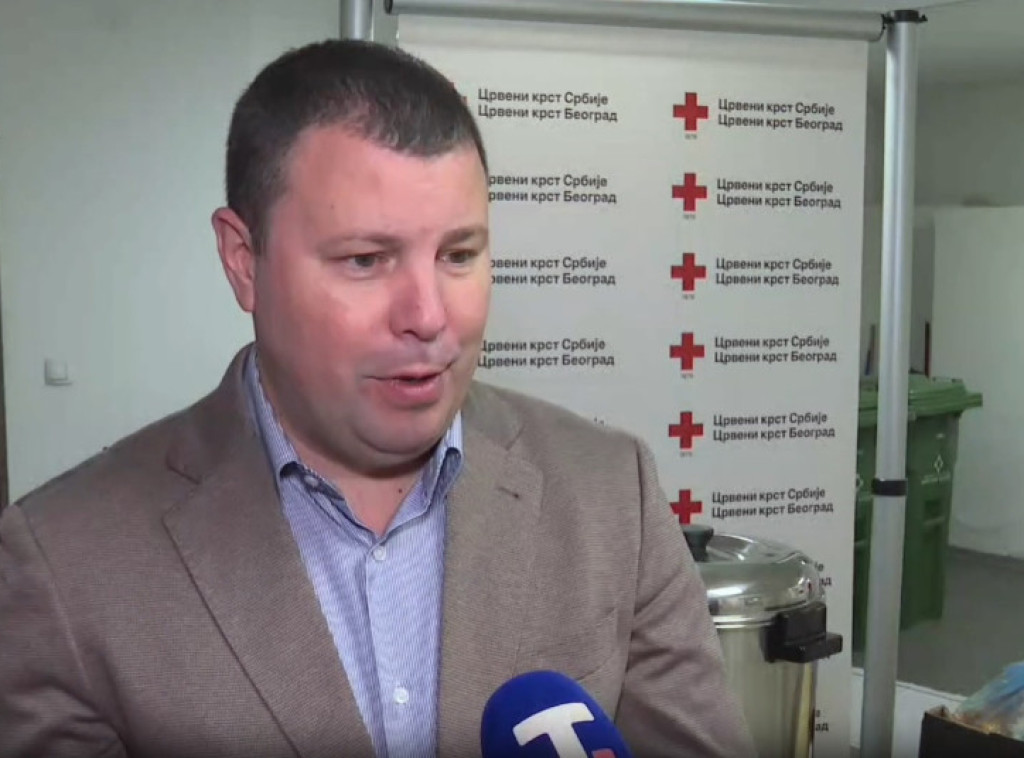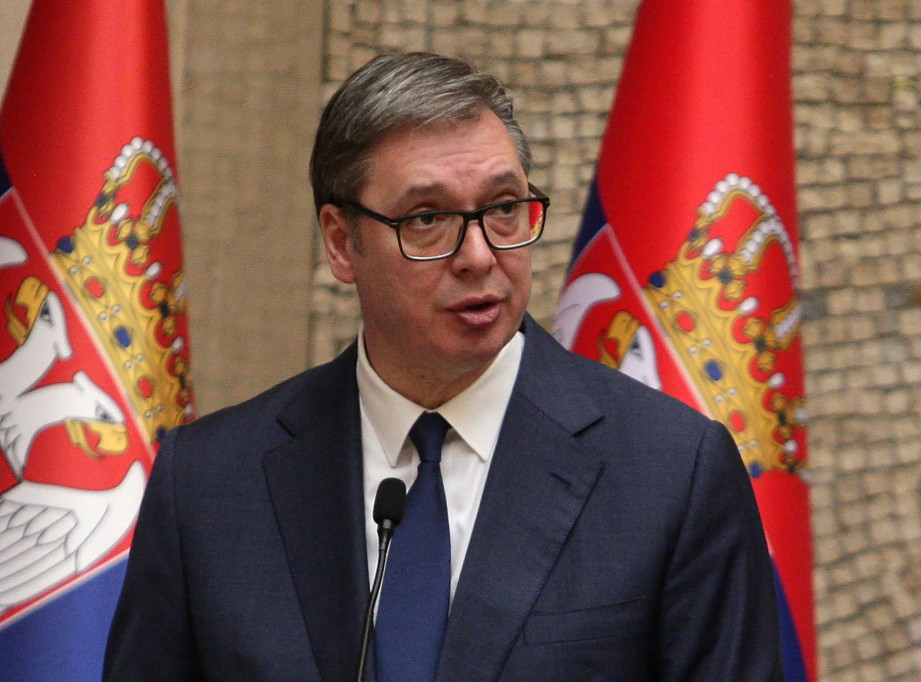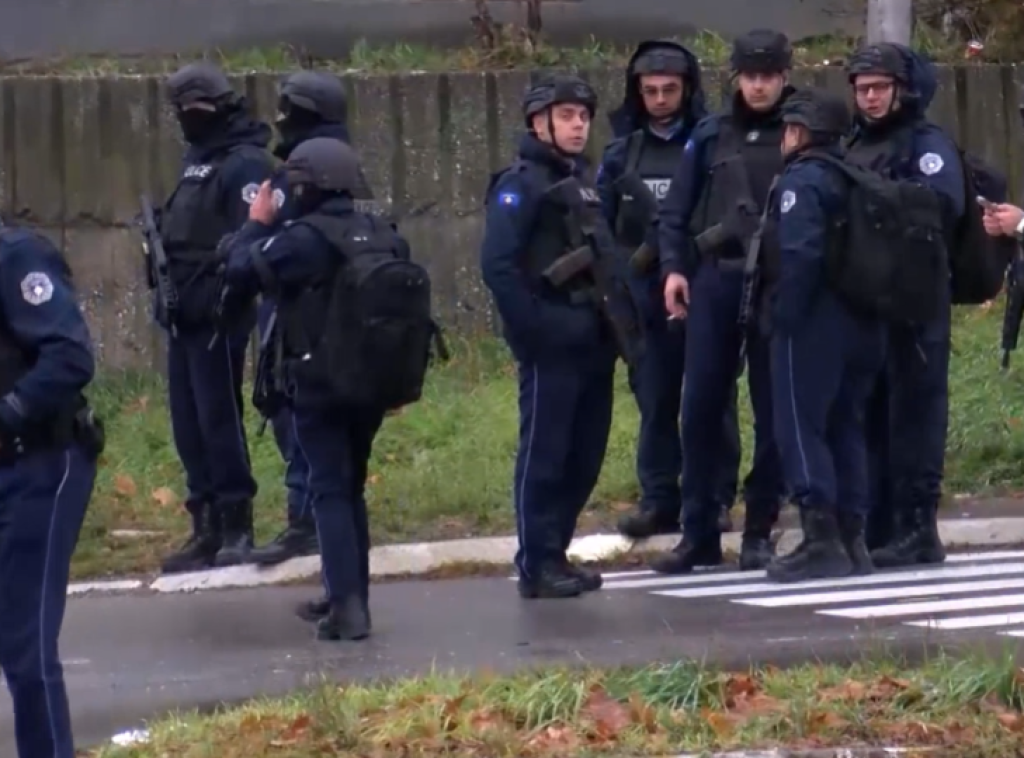
8. jul 2024 17:46
O'Brien: North of Kosovo, threat of secession in BiH are primary risks
podeli vest
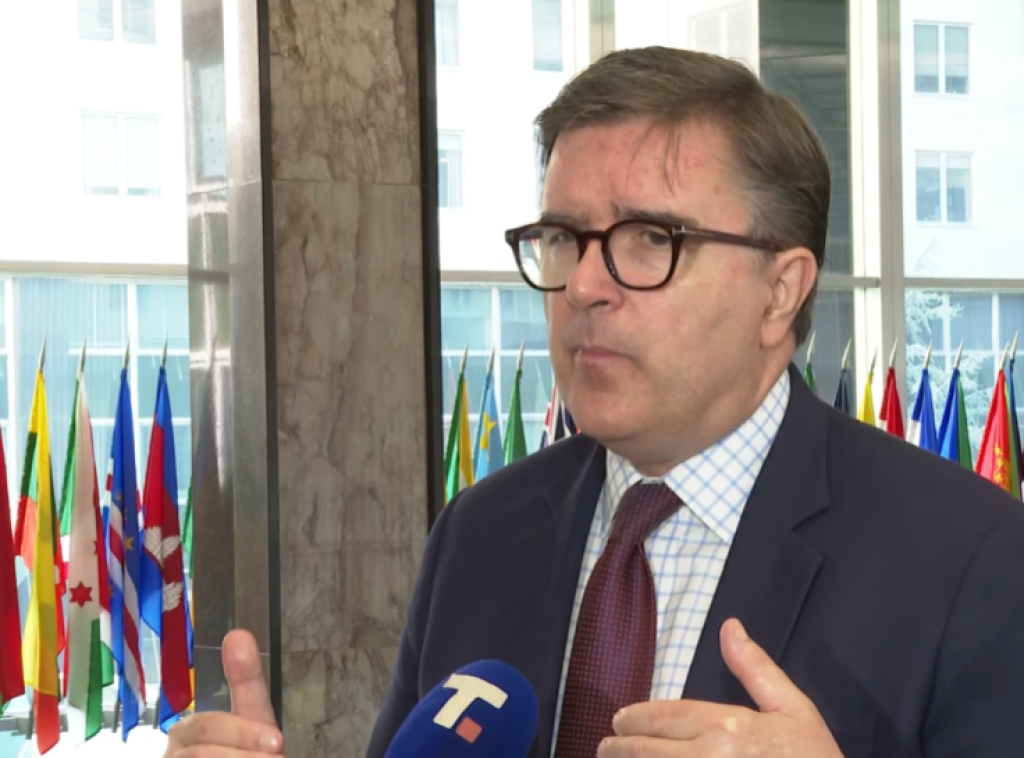
Foto: Tanjug/video
WASHINGTON - US Assistant Secretary of State for European and Eurasian Affairs James O'Brien told Tanjug on Monday the risk in the Balkans was that "some local battles will turn into a political conflagration that will hold back the states of the region."
Asked about his take on the security situation in the Western Balkans, O'Brien said the region belonged in Europe and "should move forward."
"The primary risks are in northern Kosovo and with the threats of secession in Bosnia and Herzegovina. The one step we have taken over the last year is that NATO is much stronger, both as the primary force as part of the UN force, the KFOR, in northern Kosovo, but also as the backup for the EUFOR in Bosnia and Herzegovina, and I think it can stop small local bands from causing violence. I am also encouraged that there has been good cooperation with Serbian authorities, with Kosovo authorities, to try to address the risks of violence and increased fighting in northern Kosovo. And I think, with that, we have a chance for the political process - it is the dialogue, the growth plan, the other things to address the causes of the violence," O'Brien said.
Asked why the US supported a transition of the so-called Kosovo Security Force to NATO standards and why Pristina was permitted to acquire UAVs when, under UNSCR 1244, KFOR was the only armed force allowed in Kosovo-Metohija, O'Brien responded that the resolution had "set up a political process to discuss Kosovo's future."
"That process ran and resulted in Kosovo's independence. Kosovo has the right to defend its territory," he said.
"It is doing that in a process that is transparent and in close cooperation with international partners as a way of securing its defence but without threatening its neighbours. I think it is, on the whole, a move towards stability in the region, and that we will continue to support from the US."
Commenting on the deadlocked Belgrade-Pristina dialogue and Pristina PM Albin Kurti's refusal to speak with Serbian President Aleksandar Vucic and establish a Community of Serb Municipalities, O'Brien said it had been "very clear that we support moving forward" with the Community.
"There are some 400 of these associations of municipalities across Europe, and we think this would be one such model," he said.
"The dialogue is a part of the way of addressing the concerns. The EU has said that the price of moving forward for both Serbia and Kosovo is full compliance with the dialogue. I would note that we have other tools as well - the establishment of the EU's Growth Plan for the Western Balkans provides a way to produce the fact of cooperation on things like transit of goods across the borders, cooperation on taxes, all kinds of practical issues that should start to show benefits for citizens and demonstrate the benefit of cooperation across the region," O'Brien said.

